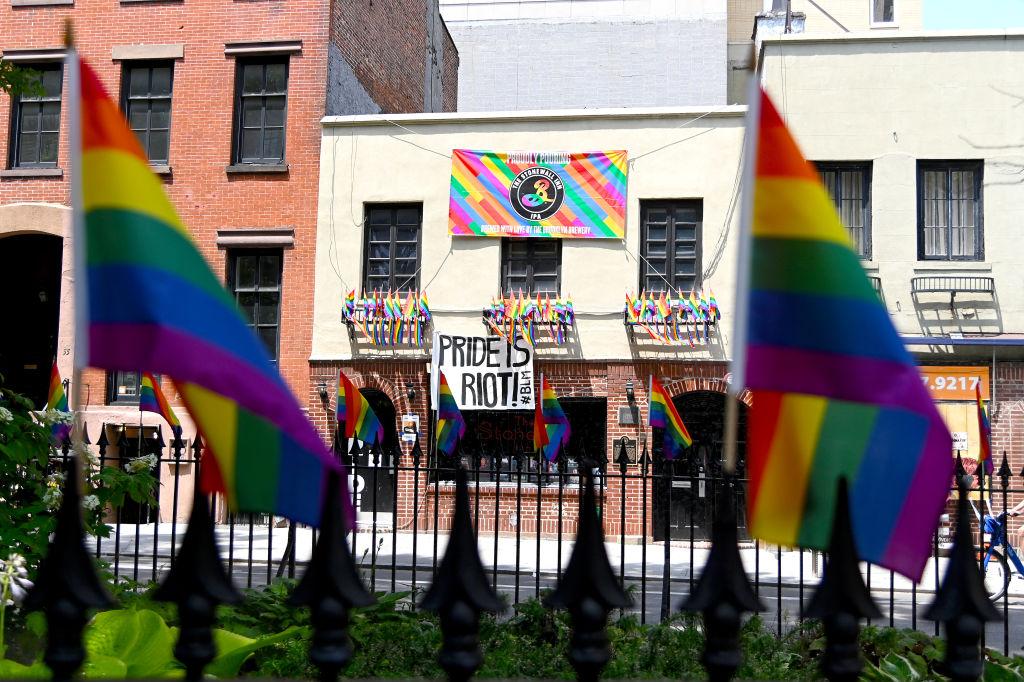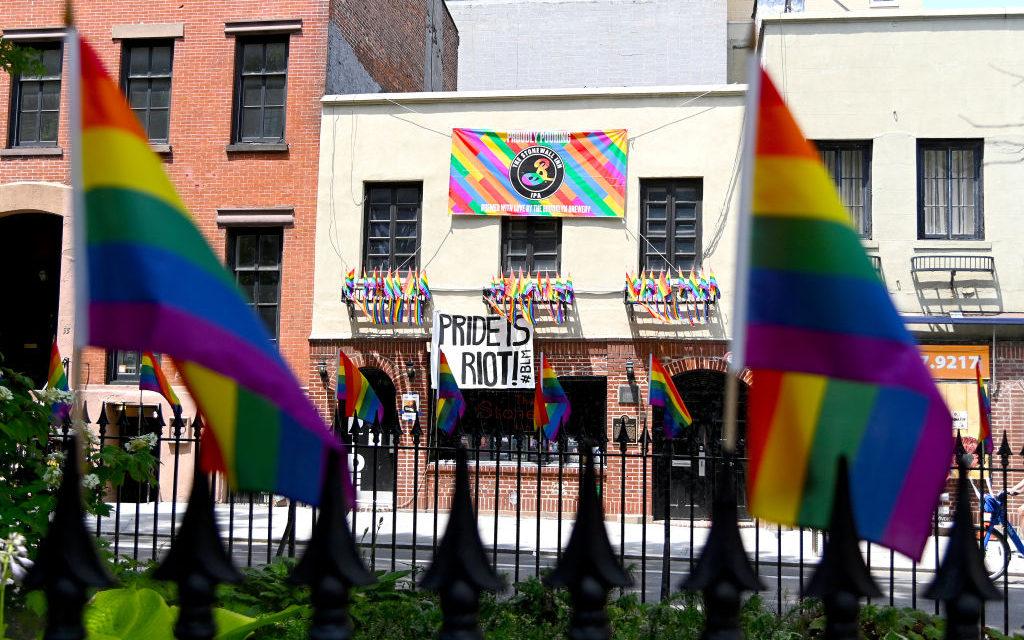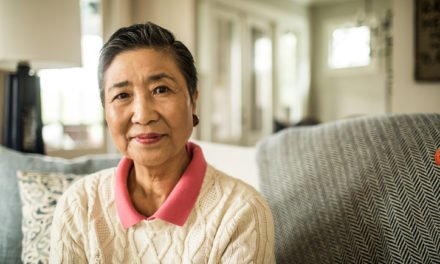
Fifty-five years ago, Marsha P. Johnson and Sylvia Rivera, both trans women of color, spearheaded protests against continuous and inhumane police raids of the Stonewall Inn, an LGTBQ club in New York City. After years of their communities experiencing torture, surveillance, imprisonment, and death because of sexuality and gender identity, they fought back. This was the impetus for the LGBTQ liberation movement, which led to tremendous victories in policies, as well as greater acceptance and inclusion globally. A year after, Stonewall (50 years ago) marked the first Pride Parade — a small gathering of LGBTQ community members and allies who led peaceful protests across their cities, commemorating the people of color who fought for their lives. It was a celebration of liberation led by and for LGTBQ folks and allies.
Replace the identity “LGBTQ” with “Race” in the paragraph above, and this sounds a lot more like 2020, not 1970. In fact, it sounds a LOT like the Unity Marches and Black Lives Matter protests that we are seeing and partaking in today. They say history repeats itself — but I believe we can rewrite our future.
Race-related and LGBTQ+ oppression is not, and have never been, mutually exclusive. Yet, in the past decade, many activists have offered criticism about how the LGBTQ movement, specifically Pride Month, has turned what was a protest for liberation led by Queer and Trans POC (QTPOC), to a mass marketing event centering white folks and corporate sponsorship. At the first Pride parade, there were no radio station DJs, rainbow apparel, corporate sponsored floats, or signing up to pass out colorful products beaming with your company’s logo. And sure, many of these events are made possible by large philanthropic contributions — but as with most philanthropy — decisions about where the money goes and how it is used are directed by those in power, who are often not part of the LGBTQ community at all.
Many activists have offered criticism about how Pride Month, has turned what was a protest for liberation led by Queer and Trans POC (QTPOC), to a mass marketing event centering white folks and corporate sponsorship. Click To TweetWhile we have made political progress with LGBTQ marriage rights and other social and political changes, the increased acceptance and liberation of LGBTQ people has historically been rooted in white supremacy, leaving Queer and Trans People of Color (QTPOC) on the backburner. Discrimination, homophobia, and transphobia are still rampant in our communities. QTPOC, especially trans women of color, are the most susceptible to hate crimes, violence, and bigotry of any other demographic group, and are one of the demographic groups most disproportionately impacted by COVID-19.
While we have made political progress with LGBTQ marriage rights, the increased acceptance and liberation of LGBTQ people has historically been rooted in white supremacy, leaving Queer and Trans People of Color (QTPOC) on the… Click To TweetAmidst Black Lives Matter, protests against Police Brutality, and the COVID-19 pandemic, we are seeing global shifts in how we engage in the fight for social justice. Though many of the large Pride parades have been cancelled this year due to health and safety concerns, pride remains alive and well. Importantly, many in the LGBTQ community have recently been reflecting on ways that they may not have been fully inclusive in the past. Many are hitting the reset button to intentionally center people of color and efforts for racial justice this Pride Month and beyond. Commercialized parades are also being replaced by virtual and/or socially distanced events such as the Queer Liberation March in NYC, led by the Reclaim Pride Coalition. We are finally seeing grassroots organizations and QTPOC–driven initiatives on the frontlines of the movement.
Furthermore, we are seeing some corporations take swift stances to support transgender rights, in lieu of typical marketing campaigns that typically accompany the now–cancelled parades. Ben and Jerry’s has joined the #StopHateForProfit campaign, vowing not to advertise on social media sites in efforts to stop profiting from the spread of racism — specifically toward the Black transgender community — on social media.
But we have only started the process of unlearning. Just because same-sex marriage is legal doesn’t mean the work is over. Pride 2020 is about re–rooting our fight for justice and equity. It is about reclaiming leadership and space for people of color in this movement. It is about resisting the white supremacy that has invaded our idea of LGBTQ equality. It is about re–centering the fight for racial justice in the context of LGTBQ liberation.
Pride 2020 is about re-rooting our fight for justice and equity. Reclaiming leadership and space for people of color in this movement. Resisting the white supremacy that has invaded our idea of LGBTQ equality. Re-centering the… Click To TweetIt is our job to continue supporting the intersectional activism of Pride Month, for years to come. Here are some ways to do your part to ensure the partnerships and priorities of Pride 2020 aren’t temporary:
- Continue to support #BlackTransLivesMatter by attending a local march or virtual event that centers Black folks in the LGBTQ community, such as the (Not IRL) Pride Summit.
- Reduce health disparities by supporting the Okra Project — an organization that provides food and other vital resources for Black trans people globally. They are also raising money for a COVID-19 relief fund for black trans businesses.
- Keep up to speed on civic engagement by contributing to your local QTPOC coalition.
- Help reduce economic barriers that disproportionally impact QTPOC — here is a list of local mutual aid funds for the Black Community sorted by state.
- Provide safe transportation and prevent violence against Black trans folks by supporting the Black Trans Travel Fund.
I challenge you to “reset” your pride: re-root, reclaim, resist, and re-center.



















